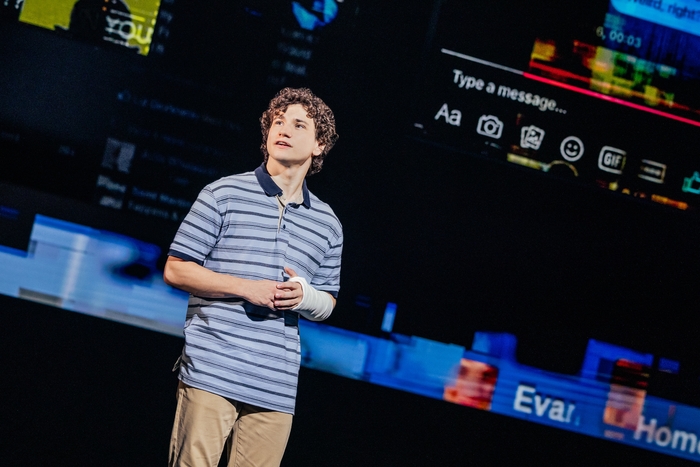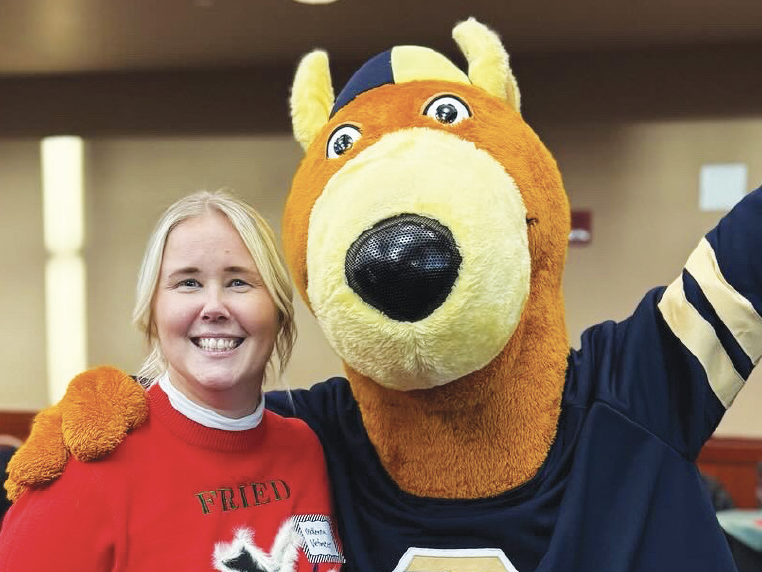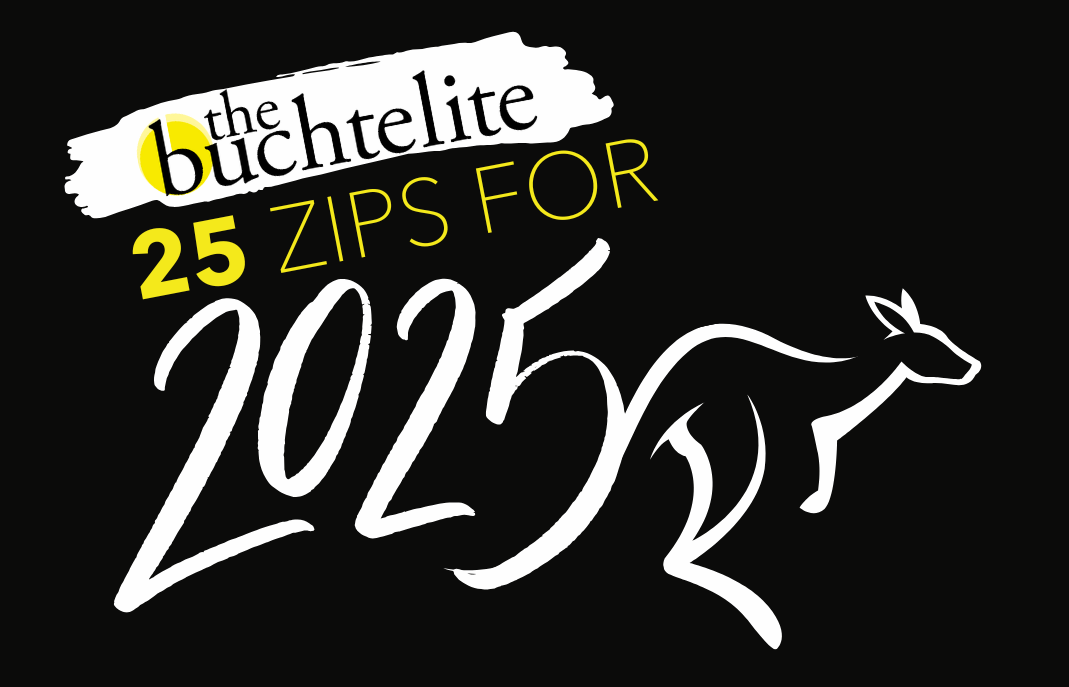The faces of hunger: part two
November 29, 2016
University of Akron graduate student Valerie Ziemba has made it her mission to combat the stigma connected to hunger and raise awareness about students experiencing food insecurity. She is looking for support from students, faculty, and administration to help launch the campaign, Food Forward, that she hopes will redefine the face of hunger and provide help where it is needed.
Ziemba’s project is supported by prior research, conducted by former UA anthropology student Tannya Forcone, that states that over 9,000 students attending UA experience food insecurity. These students are unable to focus on their coursework because they lack adequate nutrition and are worried about where the next meal will come from.
Forcone also reports that 93 percent of UA students experiencing food insecurity think about dropping out because they can’t afford to buy food.
Ziemba has met some of these students through her research and work on the issue. For several months, she has been helping to provide food for students who she has never met, using a classmate as a liaison.
“They still will not come forward out of embarrassment,” she says.
She also encountered a student/mother who was afraid to be seen at the local food pantry. Ziemba and some friends were able to provide several boxes of food for her.
Throughout the last few years Ziemba has approached UA administration with ideas for a university food pantry and a meal sharing program involving swipes. She has been met with resistance and finds it to be “frustrating hearing the stories of the students, their suffering, talking to administrators” and yet “nothing moves forward.”
At Kent State University at Stark, a food pantry called Flash’s Food Pantry was initiated by students with support from the administration and local grocery store Fisher Foods.
Similar to the meal sharing idea, two students of Columbia College in New York City have launched an app called “Swipes” that connects students needing a meal with students willing to use one of their own swipes to pay for that meal.
Using the app, students can request a meal swipe at any one of the dining halls on campus. Nearby student donors receive a notification and then can choose to respond.
The creators of Swipes are working in partnership with the Columbia College Student Council and the organization Columbia First-Generation Low-Income Partnership. The app is actually part of a larger plan, supported by the school’s president, that includes an emergency meal fund and a meal sharing page on Facebook. It is this type of partnership and cooperation that Ziemba is seeking.
That could come to fruition with her umbrella project: Full Circle Care Initiative (FCCI).
“My ultimate goal is to see a ‘family centered university’ and Full Circle’s mission is to remove the barriers that prevent students from completing their degree,” Ziemba says.
FCCI encompasses five target areas that are problems for many students: food (Food Forward), housing, clothes, free childcare, and laptops. Finding affordable housing can be difficult for some students. Ziemba has talked with students who are “couch surfing,” living in their cars or in shelters, or even living on the streets.
In 2013, the Free Application for Federal Student Aid (FAFSA) reported that there are approximately 58,000 homeless students on college campuses in the United States. This number could be on the low side as many students, because of stigma, do not want to indicate that they are homeless on FAFSA forms.
For many students, the inability to buy food also means not being able to buy clothes. It’s not about fashion but rather the utility of new and well-fitting clothes. FCCI would provide a clothing pantry for students in need.
Childcare on campus would help parents attend classes without having to choose between bringing their children to class or skipping altogether. Even if the child is in school, UA’s schedule does not always coincide with vacation days that local school districts might have.
Bierce Library has a “laptop checkout” program. Depending on the machine, students can borrow a laptop or iPad for one to seven days. Students must bring their UA Zip Card and another picture ID. FCCI would aim for a more flexible and longer-term program. In this regard, eligible students would be able to better organize files and on-going work.
Full Circle Care Initiative aims to connect students needing help in any of these areas with current services on campus, new programs, and outside agencies.
Ziemba is excited about plans proposed by University Council for FCCI to partner with local agencies, yet unnamed, and “create a synergy to bring services on campus.” She says that this collaborative effort has the potential of “creating experiential learning opportunities in nutrition/dietetics, community nursing, social work, hospitality management,” and other related fields.
This fall an UnClass held by the EXL Center called Consequences of Caring collected data about the many challenges that UA students face on a daily basis. The professor of the class, Pamela Schulze, says that although many faculty members try to be flexible, “there is no institutionalized policy in place to really help us evaluate and meet the needs of students with complicated lives.” Confronted by these struggles, Schulze also states that many students suffer academically and socially, and may become desperate, sometimes turning to “illegal and risky behaviors.”
Valerie Ziemba is seeking help from fellow students and faculty in order to fight these effects and support students in need. Contact feedazip@yahoo.com for more information on how to recognize and help the faces of hunger on the UA campus.











